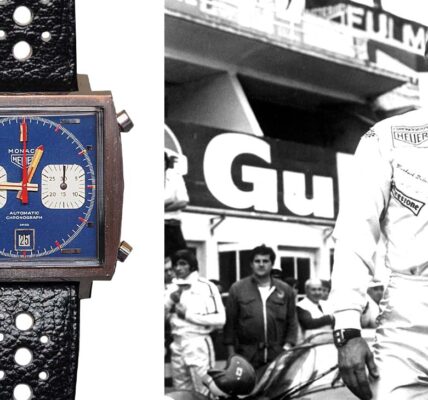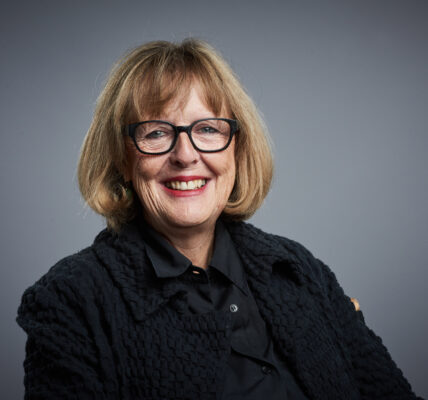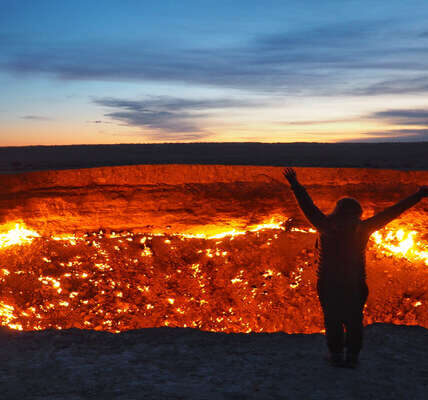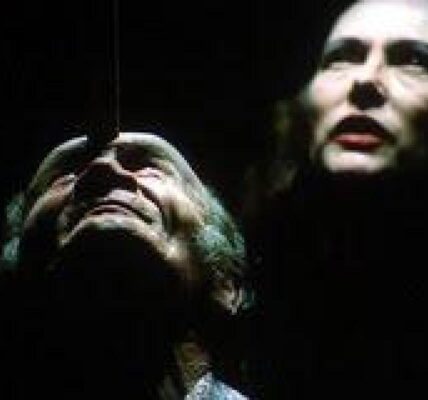Allan Niblo is one of the founders of independent production and distribution company Vertigo Films, which has a reputation for supporting first-time directors whose films have met with both critical and box-office success—Paul Andrew Williams, Steve McQueen, Rupert Wyatt and Gareth Edwards being among them. It is through being a judge on short-film competitions, such as Short Stories and SCI-FI-LONDON’s 48 Hour Film Challenge, that Niblo is finding the next wave of British talent. movieScope caught up with Niblo at the launch of this year’s Short Stories, to discuss his role in the UK industry.
There are many interpretations of the role of a producer. How do you approach it?
There’s many different ways a producer can operate, right from an all-encompassing producer who comes up with the concepts, finds the money, finds the director, finds the talent and sees it all the way through to the DVD and even the TV release, and is involved in every single step of the way and every part of the decision-making process. Or you can have a producer who brings a bit of financing to the table and is more hands-off, but they are both credited as a producer.
[I am] a bit of both, to be honest. I’m involved in [some] films as a producer [who] will just bring a certain element, and work with co-producers. On other films, like Monsters, I was there from the very start, all the way through to the release of the movie, and [I am] still working on the extended version of that film now. That’s a passion project that is taken all the way.
Vertigo was started when you teamed up with distributor Rupert Preston for Human Traffic. Is this mix of producing and distribution a good way to work?
Absolutely. It’s really, really hard making a film, but it’s 10 times harder to get it into cinemas. It was really touch and go with Human Traffic whether it was going to get a cinema release or not. We were down to the final distributor who wanted it, and was only going to release it on 10 prints. Once it started screening, the kids started loving the movie, and the cinemas loved it, then the journalists loved it and it was eventually released on 300 prints. It’s a really painful part of the process, so the more you can control it and own it, the better chance you’ve got of being happy with the result.
When you are looking at a new project do you consider it for its artistic merits or its commercial potential?
It’s actually both. The two recent extremes are Street Dance, which is a popcorn, multiplex movie that was a worldwide teen hit, then there was Ajami, which is a real art-house film, nominated for the Best Foreign Language Oscar. So we’ll look at both extremes. My background’s more art-house cinema than mainstream, but in order to make art-house films you need the finance. Hopefully we can do both, which is our ambition.
Do you find that short film contests are a good place to find new talent?
It’s invaluable; short films are the way to get noticed. You get quite a lot of directors that are coming through Eastenders, and you can’t tell if they’re a good director or not, if they’ve got a vision or a voice, because it’s not really directing, as such. A short film can, like in the case of Gareth Edwards, show that he’s got a real vision and a real voice, and that will inspire you to want to make a film with them. Now he’s directing Godzilla and is one of the hottest young talents in Hollywood.
It must make you feel proud…
It does. We’ve worked with a few people like that. We did a film called The Escapist, and [director Rupert Wyatt’s] next film was Rise of the Planet of the Apes. He went from a little British film to getting noticed on a global scale. It just shows you it’s possible.
There’s a huge resurgence in feature docs at the moment. Do you think that is down to the fact that people want to see more interesting stories than Hollywood is providing?
Absolutely, and hopefully that can bleed into dramas. I’d love to capture some of the spirit of documentaries into a feature. For example, the crowd-surfing clip from The Pit [a Short Stories film]; I’d love to start a film with that, as a character in a drama. I love crowd-surfing and that would be a unique start, to me. I look for elements where you can see the person’s voice and the spirit or the passion you live your life with. Some of these elements you can bring into dramas. It’s interesting to look at documentaries from that perspective.
Vertigo has distributed many documentaries; would you like to produce one?
If the right project came up we’d do it. In fact, we’re looking at a couple of documentary feature projects at the moment. It would be for cinema, not for television. We would definitely look at a cinematic documentary.
As a company we are commercially ambitious. I would love to make everything from Notting Hill to Control to Kick Ass. There’s a lot of subject matter we want to get our teeth into.
Is the British independent film scene strong enough at the moment?
It’s never been better. It’s literally a vintage period at the moment. It’s unheard of to have two films in the top two at the box office, with The Inbetweeners and One Day. It’s a great time at the moment and we’re getting the balance between commercialism and artistic content right.











